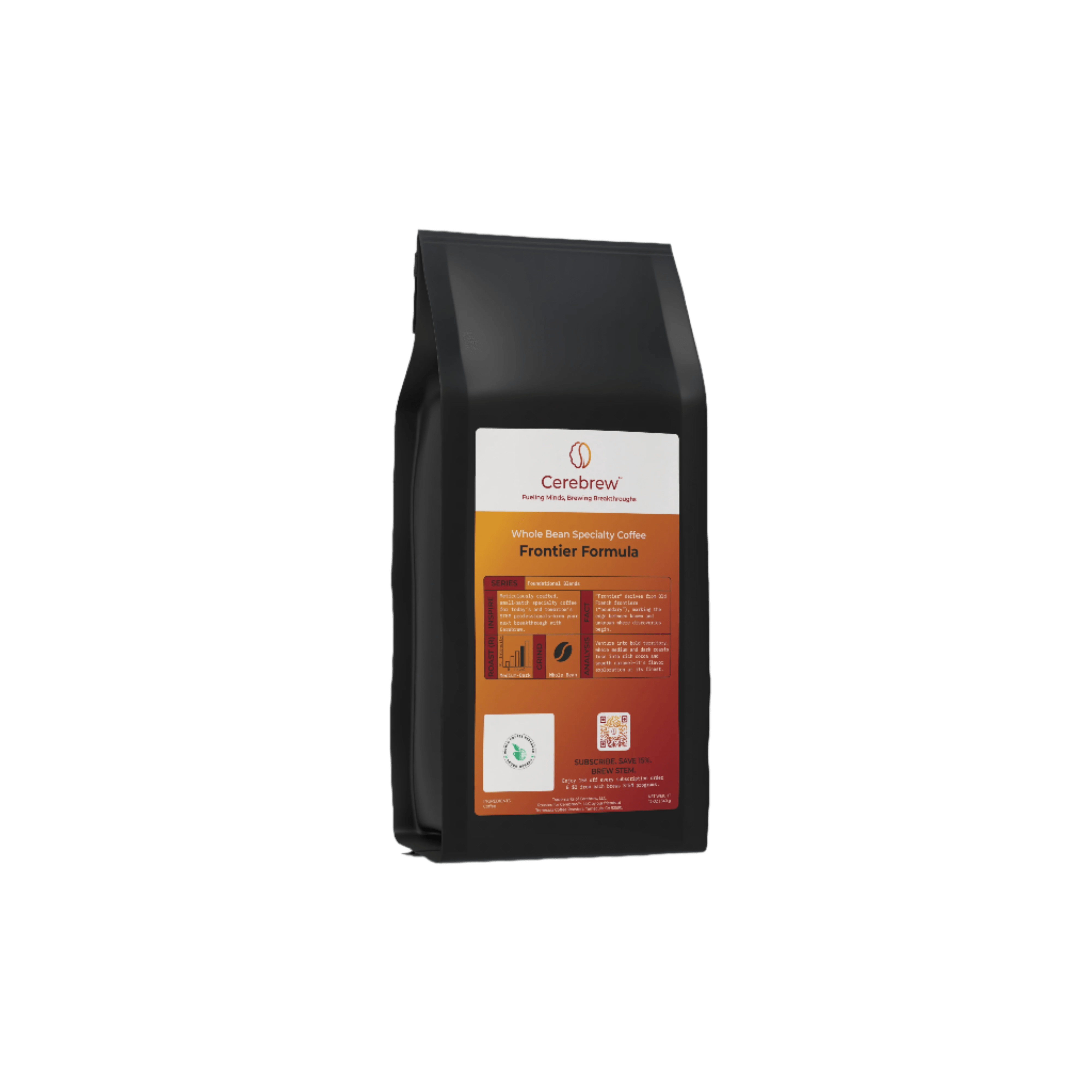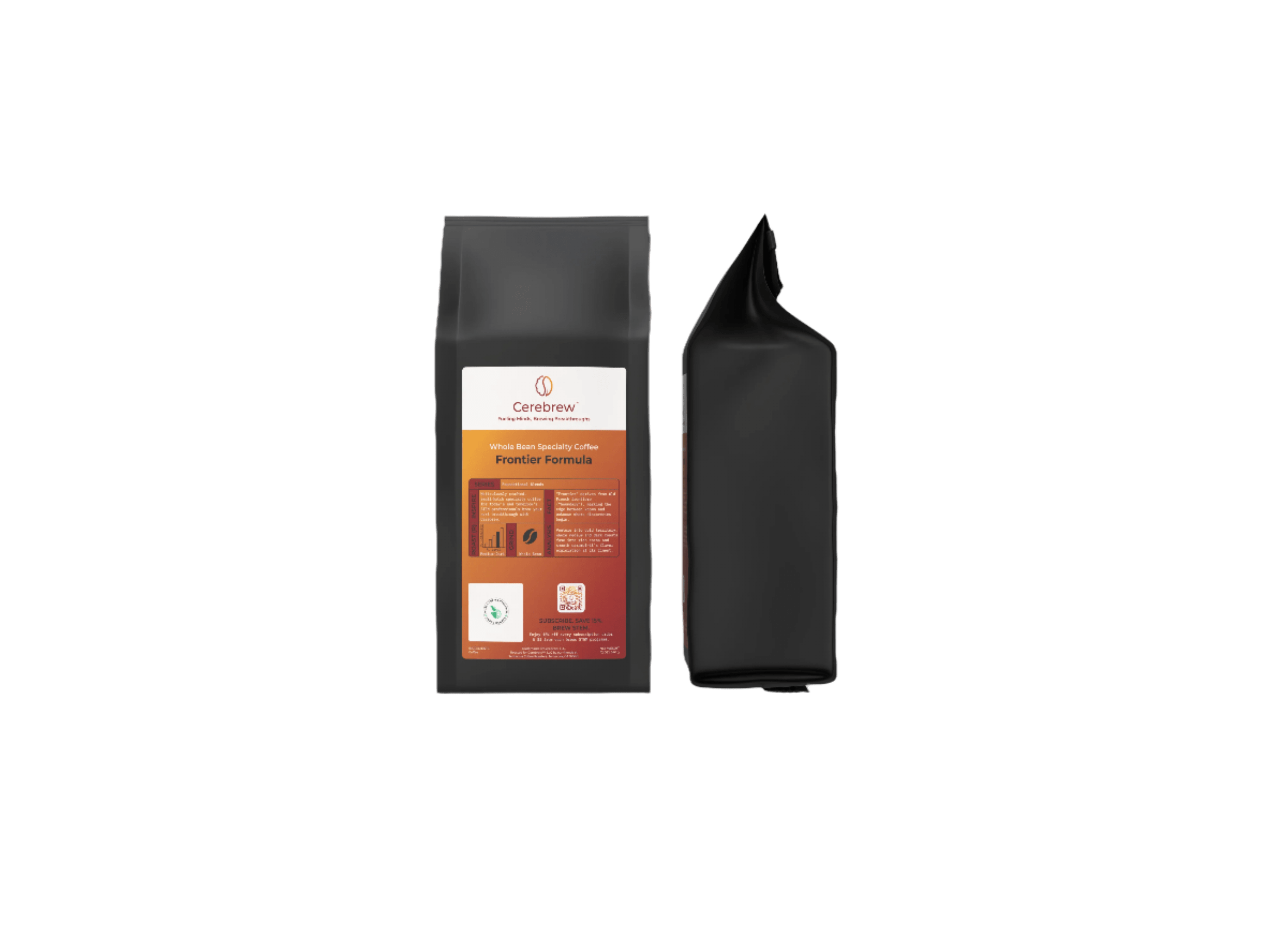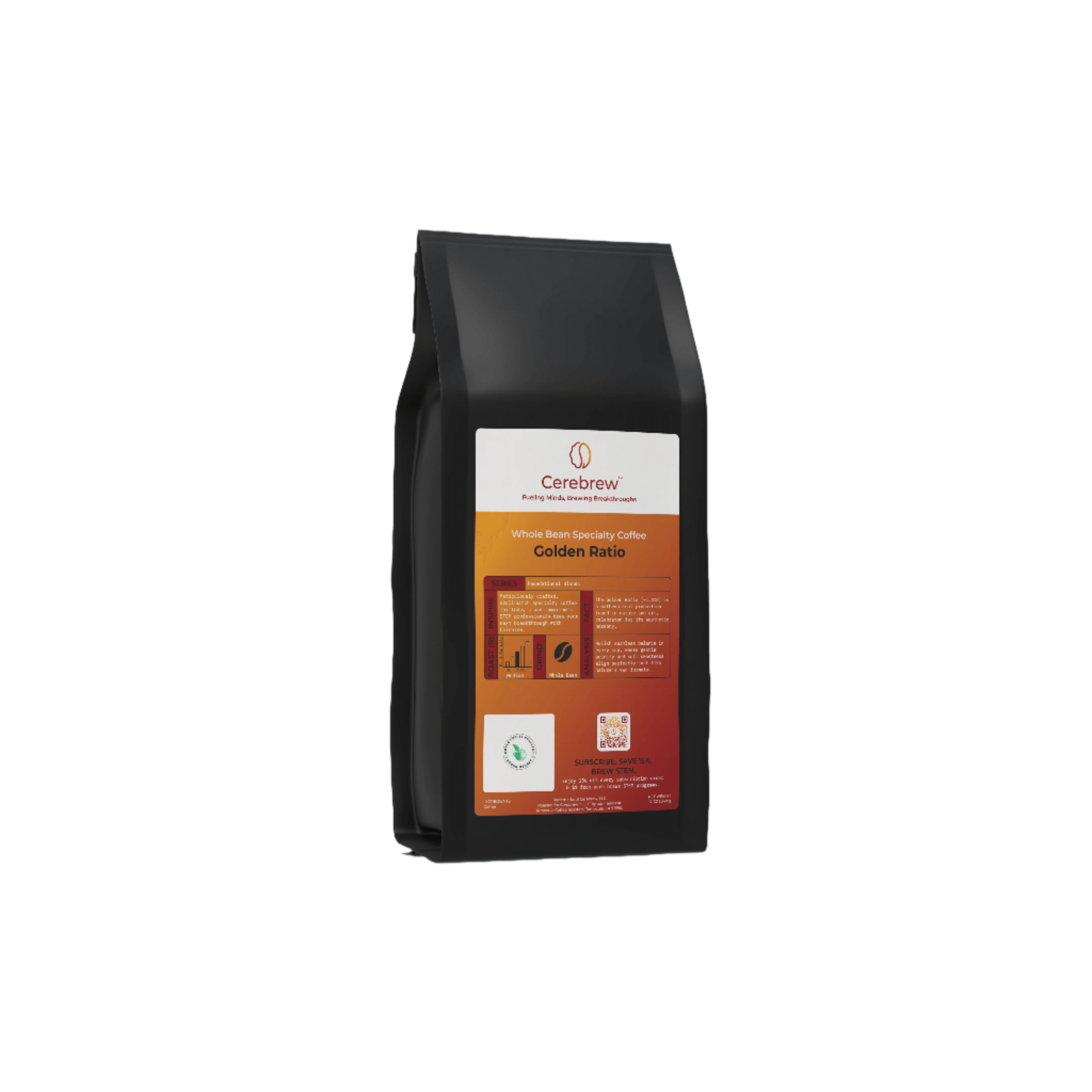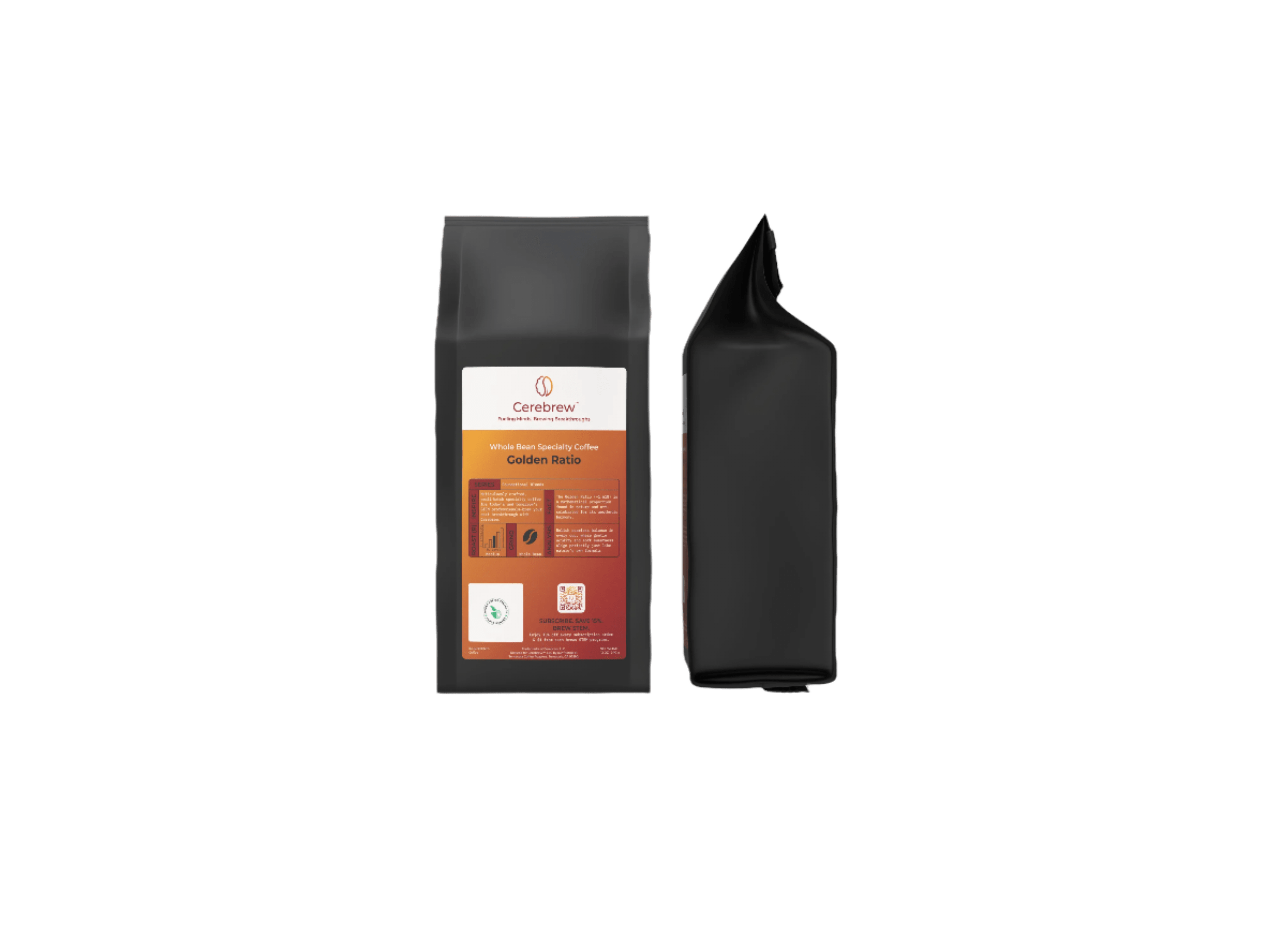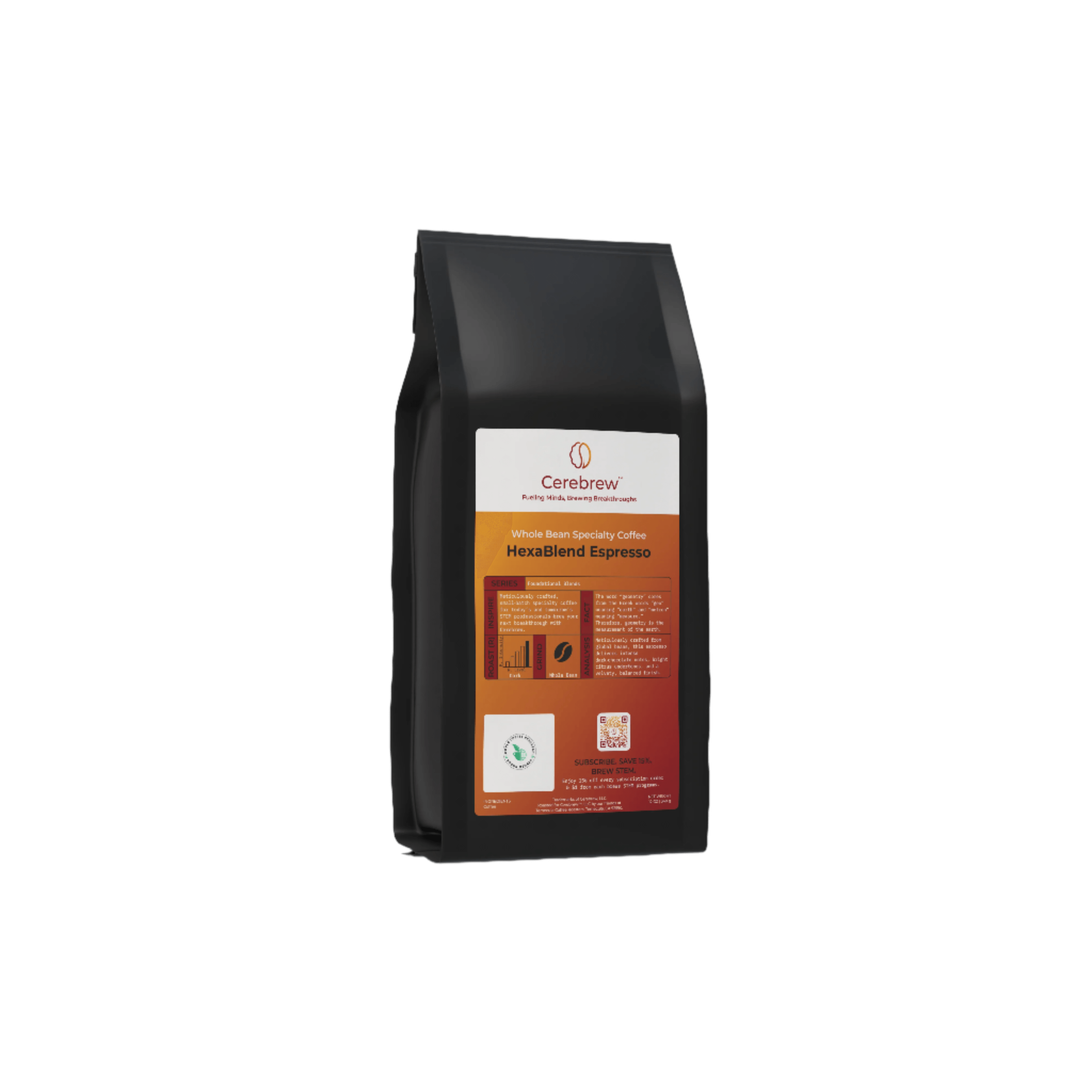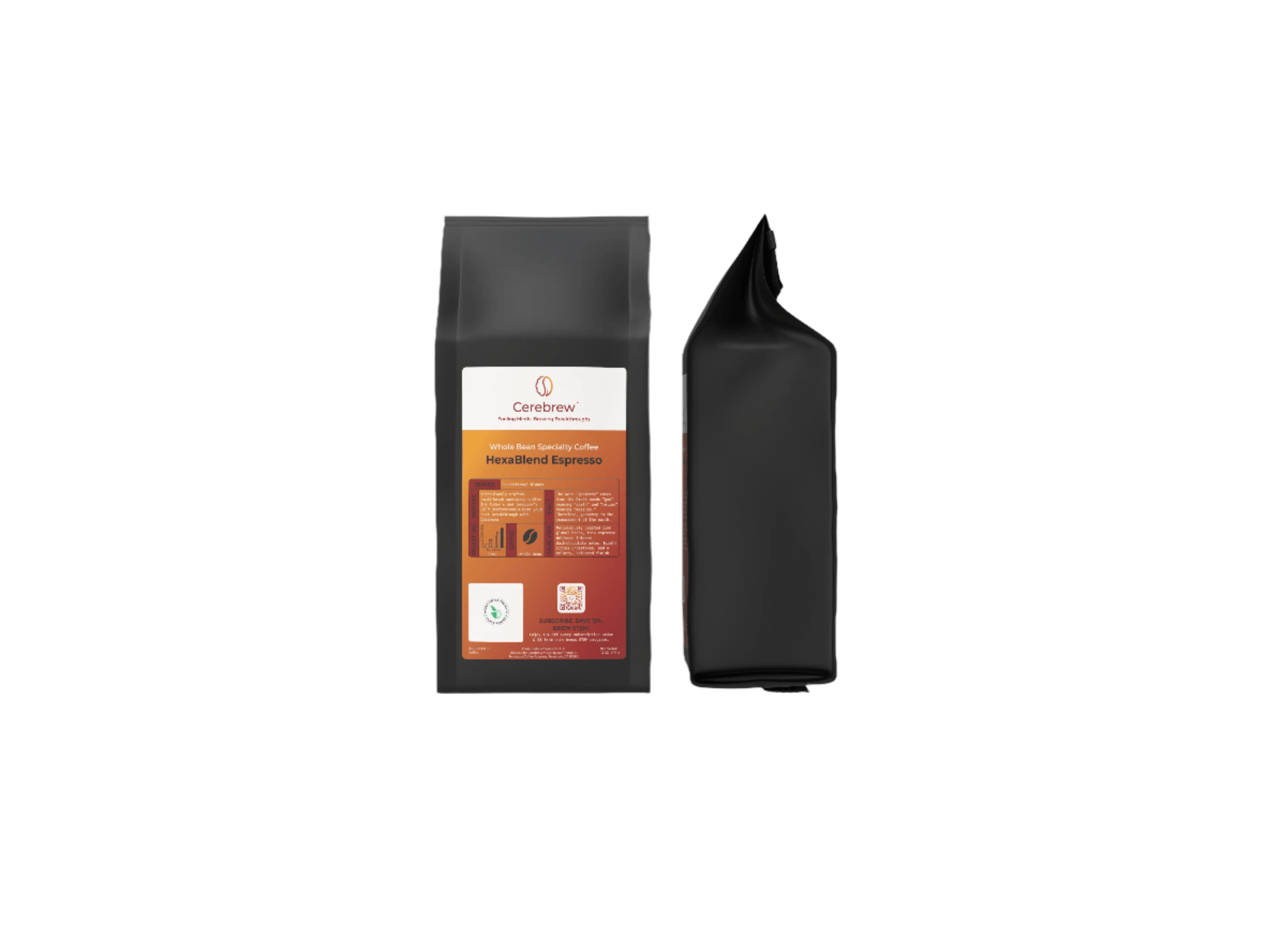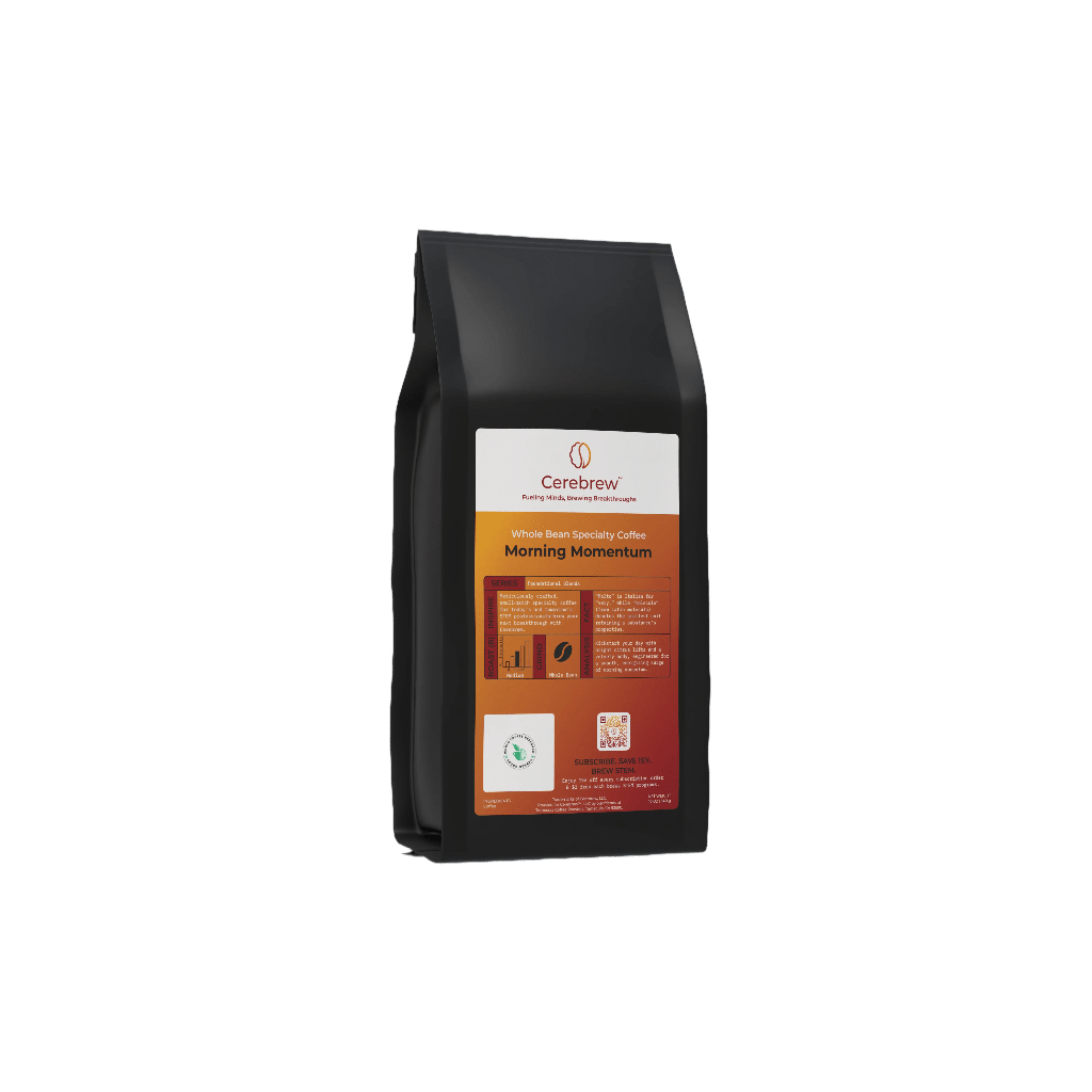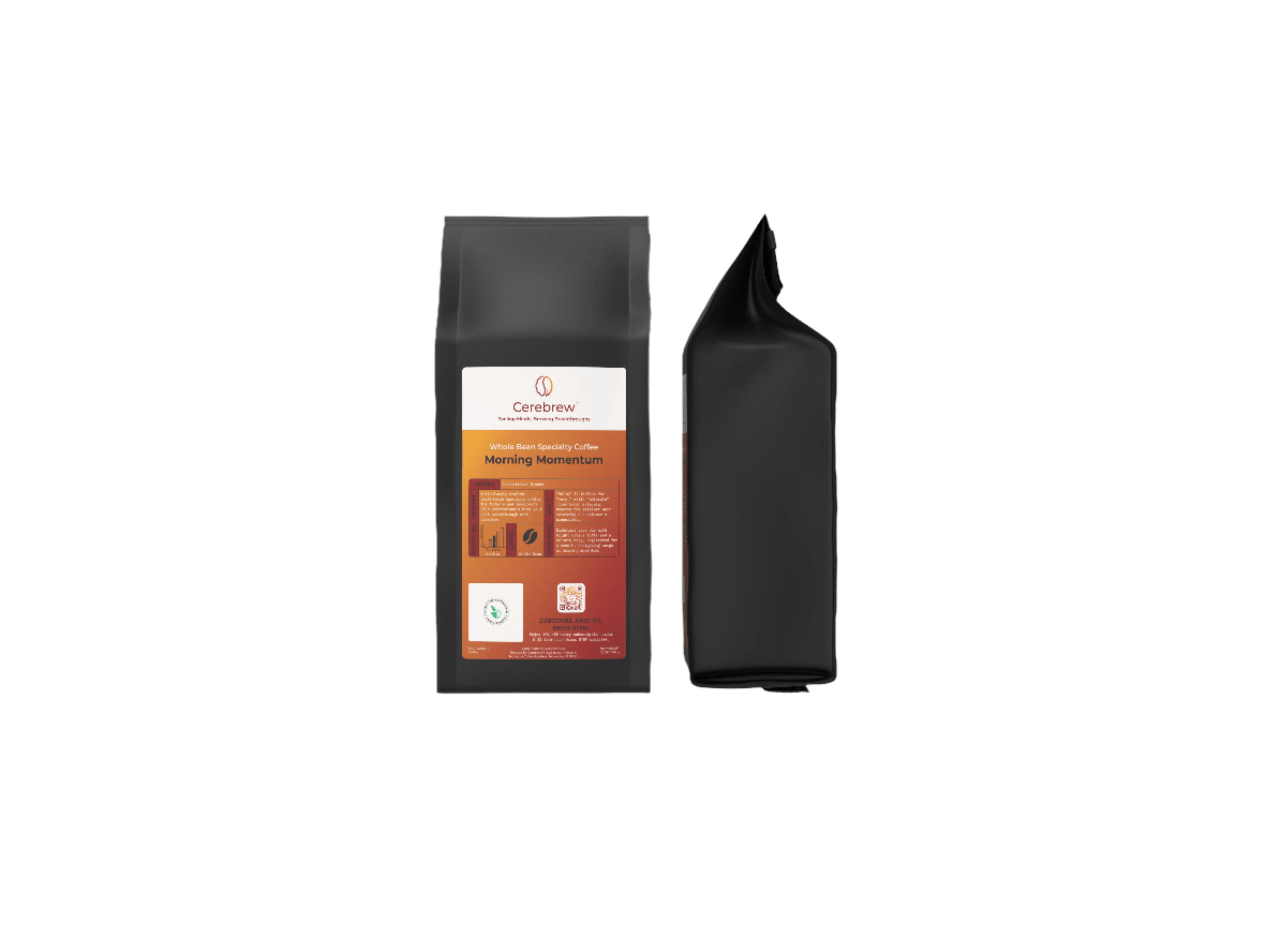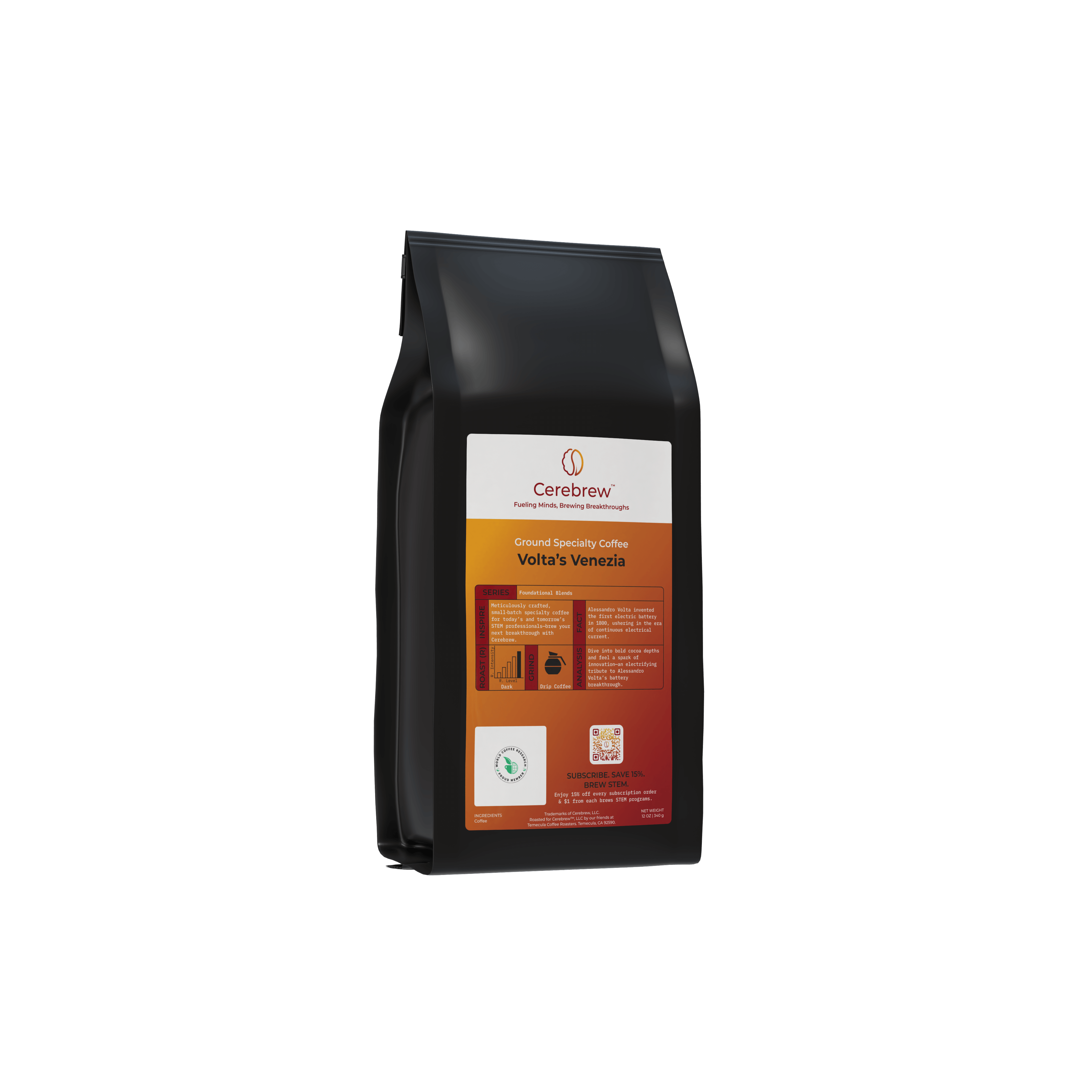Can Coffee Make You Gain Weight?
Coffee is a beloved beverage for millions around the world. Many of us rely on it to kickstart our day or to boost our energy in the afternoon. However, there's a question that often pops up for coffee enthusiasts: can coffee make you gain weight? Let's explore the relationship between coffee and weight gain to uncover the truth.
Coffee is made from roasted coffee beans and contains several compounds, the most notable being caffeine. Caffeine is a natural stimulant that can have various effects on the body, including boosting metabolism and increasing energy levels. But how does coffee interact with weight gain?
The Role of Calories in Coffee
Plain black coffee is a low-calorie beverage, containing only about 2 calories per cup. However, the way you prepare your coffee can significantly alter its calorie content. Adding sugar, cream, flavored syrups, or whipped cream can turn a low-calorie drink into a high-calorie indulgence. These additives can contribute to weight gain if consumed in excess.
For example, a large flavored latte can contain over 200 calories, while a coffee with whipped cream and syrup can reach up to 400 calories. If you regularly drink these calorie-laden versions of coffee, it could lead to weight gain over time.
Coffee, Metabolism, and Weight
Coffee and Metabolic Rate
One of the reasons coffee is popular in weight management is its potential to boost metabolism. Caffeine, the primary active ingredient in coffee, is known to increase metabolic rate. This means that it can help you burn more calories throughout the day.
Studies have shown that caffeine can increase resting metabolic rate by 3-11%. However, the effect may vary from person to person, and the impact may diminish with habitual coffee consumption.
Coffee and Appetite
Caffeine may also affect appetite. Some people find that drinking coffee reduces their hunger, leading to lower calorie consumption. However, this effect is not universal, and some individuals might not experience any change in their appetite.
Coffee and Cortisol
Cortisol is a hormone that plays a role in stress response, and elevated cortisol levels have been associated with weight gain, particularly around the abdomen. Drinking coffee can increase cortisol levels, especially if consumed in large quantities or by individuals sensitive to caffeine.
It's important to note that cortisol levels naturally fluctuate throughout the day and can be influenced by various factors, including stress and sleep. While coffee can temporarily raise cortisol levels, it's unlikely to be the sole cause of weight gain without other contributing factors.
Factors That Influence Coffee-Related Weight Gain
Additives and Portion Sizes
As mentioned earlier, the way you prepare your coffee can significantly impact its calorie content. Consider opting for black coffee or using low-calorie alternatives like skim milk or sugar-free syrups to keep your coffee lower in calories.
Additionally, be mindful of portion sizes. It's easy to underestimate the calories in larger coffee servings, especially when ordering from coffee shops that offer large sizes.
Lifestyle and Coffee Consumption
The impact of coffee on weight can also depend on your overall lifestyle and dietary habits. If coffee is part of a balanced diet and active lifestyle, it's less likely to contribute to weight gain. However, if coffee is consumed with calorie-dense snacks or as a replacement for nutritious meals, it may lead to weight gain.
Practical Tips for Coffee Lovers
- Choose Wisely: Opt for black coffee or modify your favorite coffee drinks to reduce calories. Use low-fat milk, sugar substitutes, or skip the whipped cream.
- Be Mindful of Sugar: Limit the amount of sugar you add to your coffee. Consider using natural sweeteners like stevia or monk fruit.
- Watch Your Portions: Stick to standard serving sizes. Avoid oversized coffee drinks that can pack in more calories than you realize.
- Balance Your Diet: Ensure that your diet is balanced and includes a variety of nutrients. Coffee should complement a healthy eating pattern, not replace meals.
- Stay Active: Incorporate physical activity into your daily routine to help manage your weight and overall health.
Conclusion: The Verdict on Coffee and Weight Gain
Coffee itself, particularly when consumed black, is unlikely to cause weight gain. However, the additives you include and your overall lifestyle can influence whether coffee contributes to extra pounds. By making mindful choices about how you prepare and consume your coffee, you can enjoy this beloved beverage without worrying about its impact on your waistline.
Ultimately, like many things in life, moderation is key. Enjoy your coffee, but be aware of the choices you make around it. With a balanced approach, you can savor your cup of joe while maintaining your health and weight goals.










